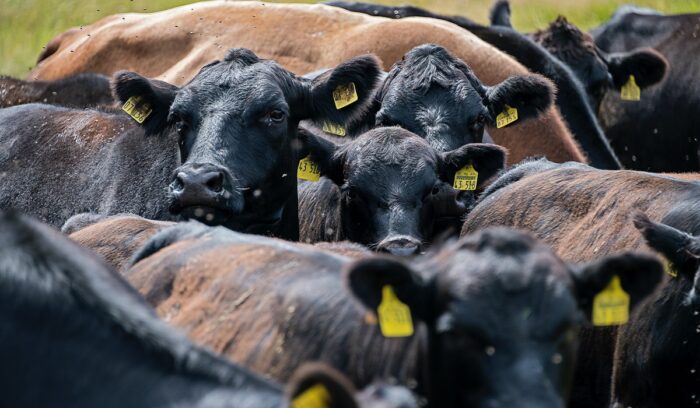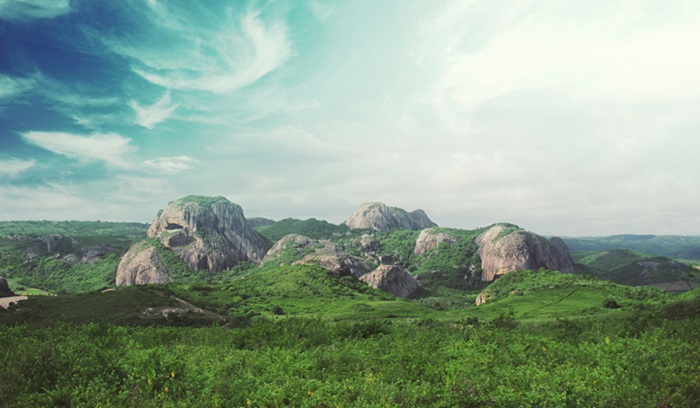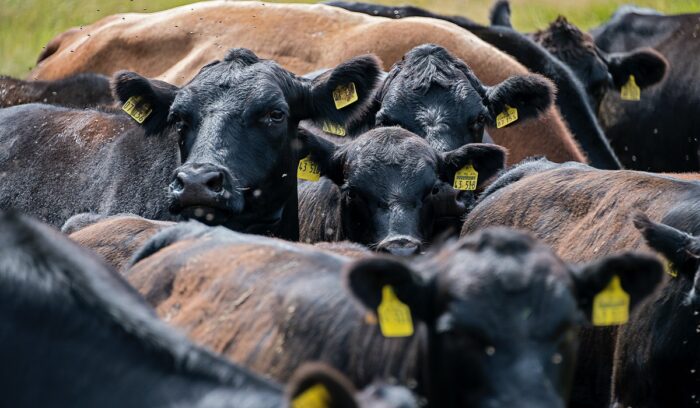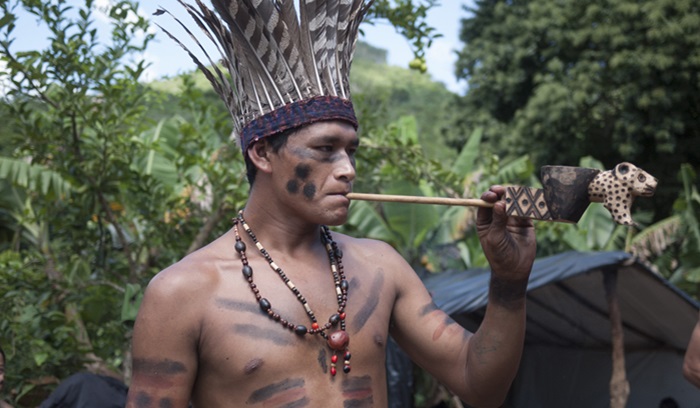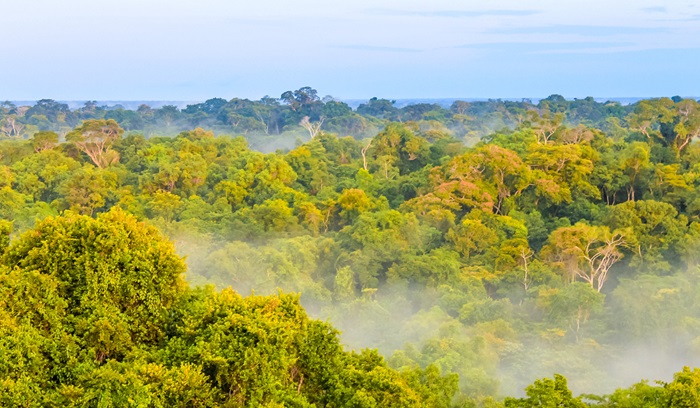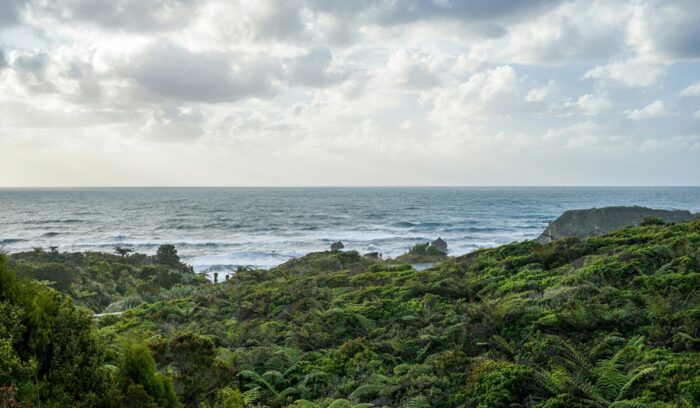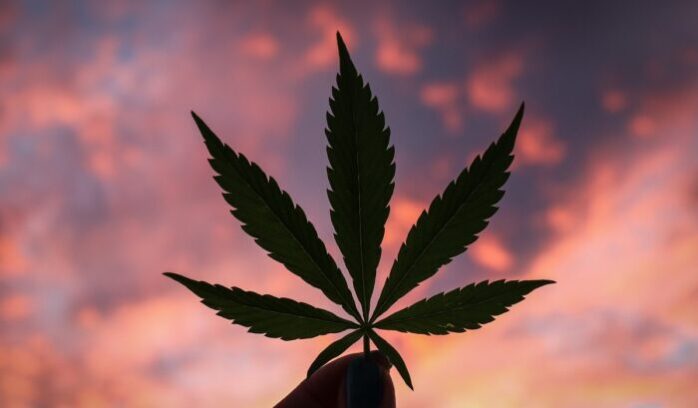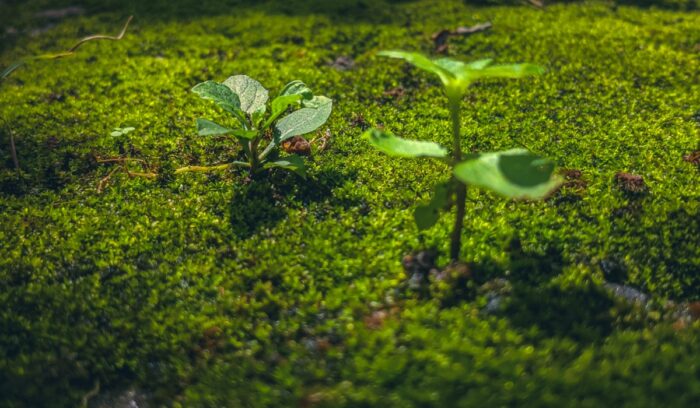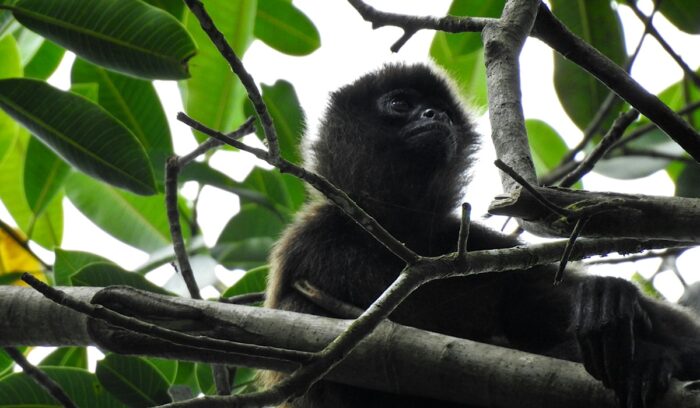Brazil to adopt full beef traceability by 2032
Brazil will soon begin tracing individual cattle from birth to slaughter, aiming to make the sector 100% traceable by 2032, Agriculture and Livestock Minister Carlos Fávaro has indicated. The announcement comes amid growing international demand for transparency, especially as the EUDR, a new European Union regulation requiring proof that certain imported commodities aren’t adding to recent deforestation, is set to come into force at the end of 2025. Fávaro stated that a tracing platform would be working by 2027.
